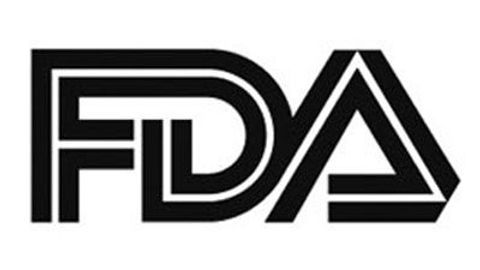FDA Grants Fast Track Designation to TT-101 for Advanced HCC
TTI-101, an oral, small molecule, STAT3 inhibitor, has been granted fast track designation by the FDA for patients with hepatocellular carcinoma.

The FDA has granted a fast track designation to TTI-101 as a treatment for patients with relapsed/refractory locally advanced, unresectable, or metastatic hepatocellular carcinoma (HCC), according to Tvardi Therapeutics, Inc.1
TTI-101 is an oral, small molecule, STAT3 inhibitor currently completing a first-in-human phase 1 trial (NCT03195699) in patients with advanced solid tumors who have failed all previous lines of therapy. STAT3 is a regulatory protein that plays a key role in the proliferation of HCC.
Previously in April 2022, the agent received an orphan drug designation from the FDA for the treatment of patients with HCC.2 Preclinical data of TTI-101 also has shown the agent to inhibit growth of breast, head and neck, lung, and liver cancers in mice. TTI-101 was determined to be safe when administered at high doses to mice, rats, and dogs.3
“We are pleased to receive fast track designation for TTI-101 in HCC from the FDA,” said Imran Alibhai, PhD, chief executive officer of Tvardi, in a press release. “This designation provides validation of the compelling safety and efficacy we have seen in last-line HCC patients in our phase 1 trial This comes at a perfect time as we look forward to enrolling patients imminently in our phase 2 HCC basket trial [NCT05440708] which will test TTI-101 as monotherapy and in combination with existing approved therapies across first-, second-, and last-line [patients with] HCC.”
The first-in-human, phase 1 study of TTI-101 enrolled 60 patients aged 18 years and older with advanced cancers. Patients must have received a diagnosis of breast cancer, head and neck squamous cell carcinoma, non–small cell lung cancer, colorectal cancer, gastric adenocarcinoma, melanoma, HCC, or another advanced cancer. Further, patients must have had an ECOG performance status of 0 or 1, adequate renal and liver function, and measurable disease per RECIST v1.1 criteria.
The primary end points of the trial include determining the maximum tolerated dose of the agent and pharmacokinetics. Secondary end points are pharmacodynamics, complete response, partial response, progressive disease, stable disease, and best overall response.
Other end points include to explore association between biomarkers and antitumor efficacy and survival outcome, assess the effect of food on bioavailability, and assess the bioavailability between different formulations of the agent.
Overall, TTI-101 given as a monotherapy is shown to be well-tolerated and to have clinical activity defined by durable radiographic objective responses across a range of tumors.
The study has an estimated primary completion date of October 1, 2023.
References
FDA grants fast track designation to Tvardi Therapeutics’ TTI-101 for hepatocellular carcinoma. News release. Tvardi Therapeutics, Inc. October 19, 2022. Accessed October 19, 2022. https://bit.ly/3MLA08L
Tvardi Therapeutics’ TTI-101 receives orphan drug designation for hepatocellular carcinoma. News release. Tvardi Therapeutics, Inc. April 21, 2022. Accessed October 19, 2022. https://bwnews.pr/3Fc3NWr
Oral STAT3 inhibitor, TTI-101, in patients with advanced cancers. ClinicalTrials.gov. Updated October 19, 2022. Accessed October 19, 2022. https://clinicaltrials.gov/ct2/show/NCT03195699
Gholam Contrasts Lenvatinib With Other Options in Child-Pugh B HCC
December 21st 2024During a Case-Based Roundtable® event, Pierre Gholam, MD, discussed how post hoc and real-world analyses build upon the limited available trial data for treating patients with unresectable hepatocellular carcinoma with Child-Pugh B status.
Read More